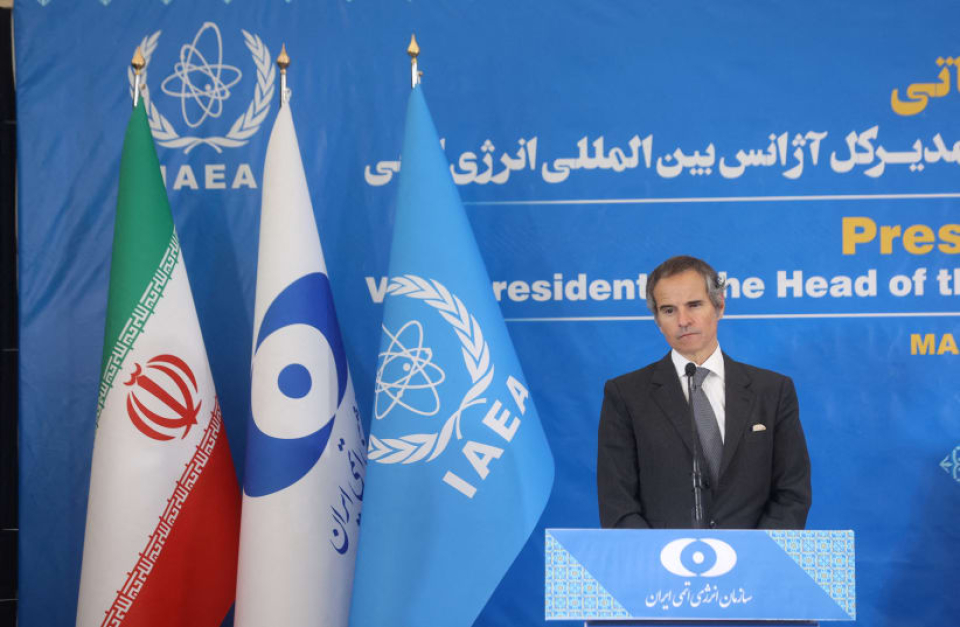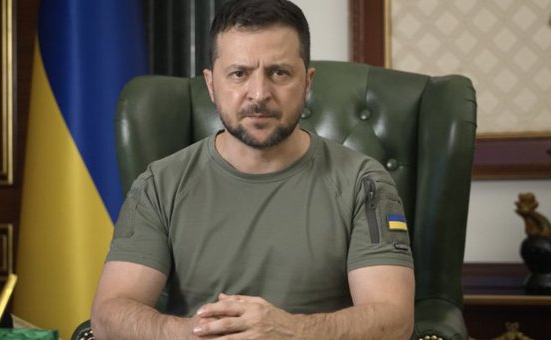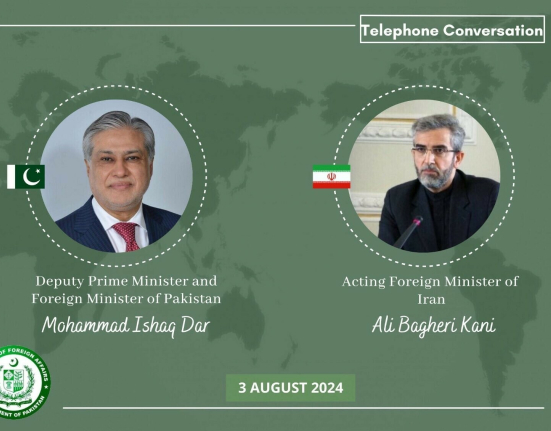Iran's nuclear chief, Mohammad Eslami, reiterated the nation's commitment to maintaining a constructive relationship with the International Atomic Energy Agency (IAEA). Eslami emphasized that Iran would not engage in any nuclear activities that undermine its interaction with the IAEA.
Speaking at a press briefing during the Iranian administration's weekly cabinet meeting, Eslami addressed recent comments made by IAEA Director General Rafael Grossi about perceived ambiguities in Iran's nuclear program. He clarified that the reports presented by Grossi to the Board of Governors and the UN Security Council contain sections on the Joint Comprehensive Plan of Action (JCPOA) and on safeguards and the Non-Proliferation Treaty (NPT).
Eslami highlighted the positive collaboration between Iran and the IAEA in the areas of safeguards and the NPT. He confirmed ongoing installations of IAEA cameras at Iranian nuclear facilities and the active monitoring of these facilities by IAEA inspectors. Currently, there are 120 accredited IAEA inspectors overseeing Iran's nuclear program, with some stationed in Iran and others conducting regular or surprise visits.
Every three months, the IAEA submits a report on Iran's nuclear activities to the Board of Governors and every six months to the UN Security Council. Eslami emphasized that the main focus of these reports is on Iran's compliance with the JCPOA.
Eslami also affirmed Iran's commitment to the 2020 strategic law related to the JCPOA, known as the Strategic Action Plan to Counter Sanctions. Adopted in December 2020, this law was designed to counter sanctions imposed on Iran by the US and its Western allies and to advance Iran's peaceful nuclear program.
Regarding recent disputes between Iran and the IAEA, Eslami mentioned the agency's accusations influenced by Israel, particularly concerning "uranium traces" found at "undeclared nuclear sites" in Iran. These disputes have become a significant hurdle in the talks to revive the JCPOA, which the US withdrew from in 2018, reimposing sanctions on Iran.
Despite these challenges, Eslami expressed optimism about future interactions with the IAEA, indicating that Grossi plans to visit Iran soon.

















